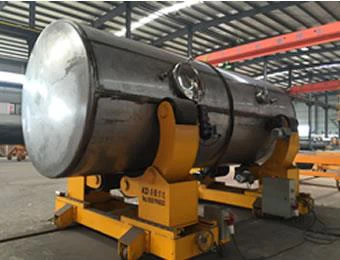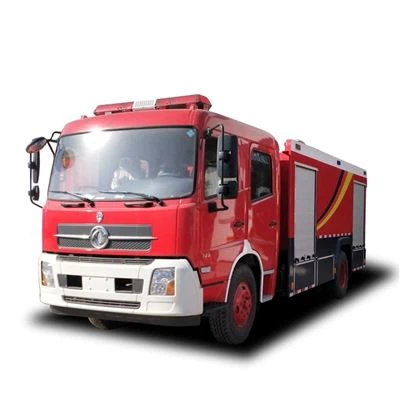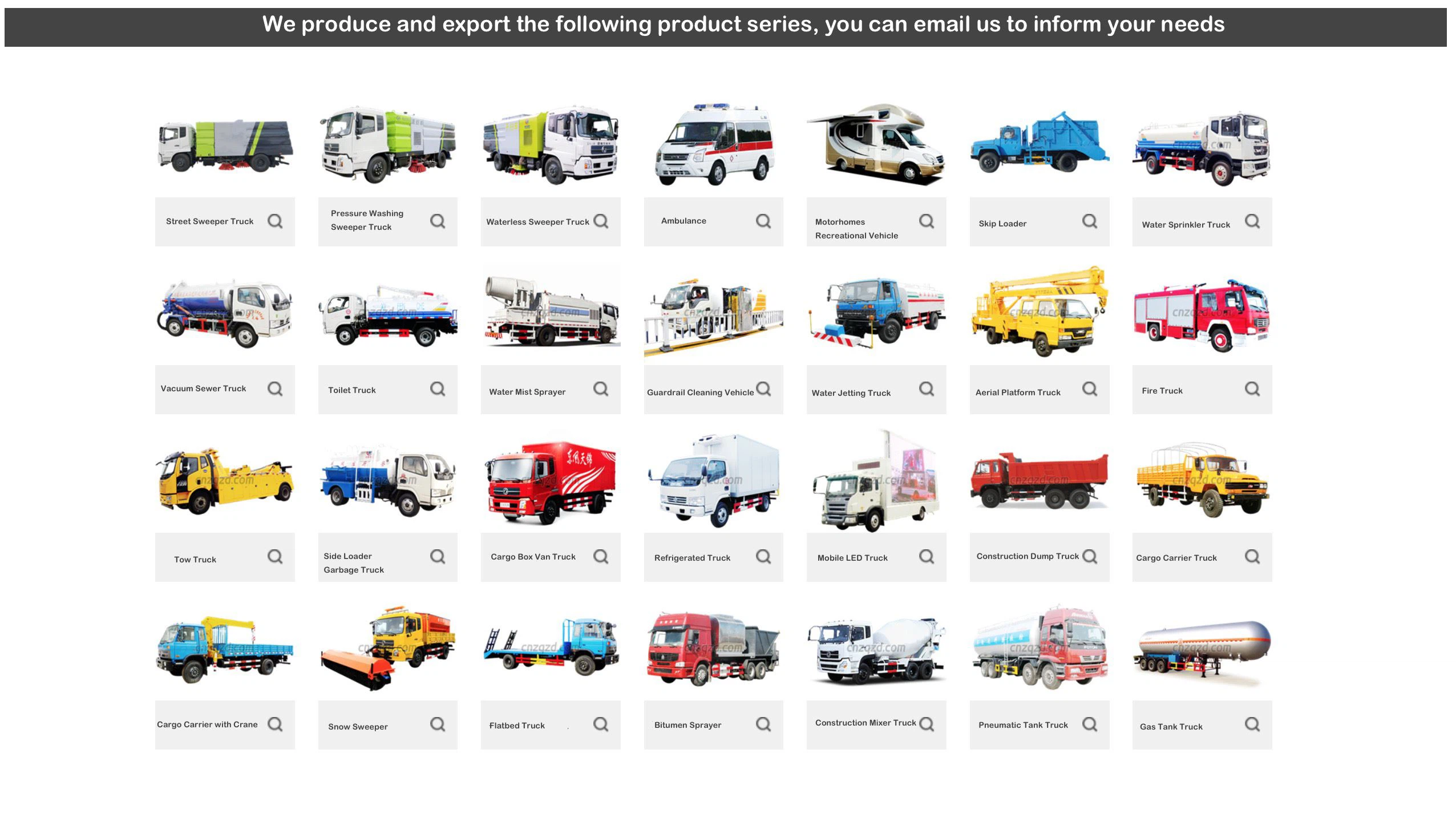Best Time of Year to Buy a Camper: A Comprehensive Guide

Are you considering purchasing a camper for your next adventure? With RV sales booming, knowing the best time of year to buy can save you significant money and ensure you get the model you want. This article provides a thorough analysis of the ideal times for camper purchases, backed by practical examples and valuable tips.

Understanding the RV Market Cycle
The recreational vehicle market operates in cycles influenced by seasonality, demand, and inventory levels. Understanding these cycles can help you make a more informed purchase.
Peak Season vs. Off-Season
Typically, the RV market peaks during spring and summer months, coinciding with the camping season. Late fall and winter are considered off-season for most RV sales. Buying during off-peak times can lead to substantial savings.
Manufacturer Release Schedules
Manufacturers usually release new models in the late summer or early fall. This timing means that dealers will be eager to clear out older inventory as they prepare for new stock.
Example: 2023 Model Year
If you’re shopping in October 2023, many dealerships will be looking to sell 2023 models to make way for 2024 arrivals. Taking advantage of this can lead to significant markdowns on the previous year’s models.
Best Months to Buy a Camper
While timing can vary based on geographical location, certain months are generally more favorable for buying a camper.
January to March: Winter Clearance Sales
Many dealerships host winter clearance sales to empty inventory. Expect significant discounts on campers that didn’t sell during the previous year.
April to May: Early Season Offers
As summer approaches, dealers often have promotions to attract early buyers. However, prices start to be higher as demand increases.
June to August: Summer Peak Season
This is the most active selling season, with people eager to hit the road. Prices can be higher, but you may find a wider selection.
September to November: End of Season Sales
As camping season winds down, dealerships begin to clear out inventory, often providing the best deals of the year. September to November typically features markdowns on both new and used campers.
Table: Seasonal Price Trends
| Month | Sales Activity | Price Trend |
|---|---|---|
| January | High inventory clearance | Low |
| May | Early season promotions | Moderate |
| July | Peak season sales | High |
| October | Year-end clearance sales | Low |
Negotiating Tactics When Buying a Camper
Regardless of when you buy, knowing how to negotiate can maximize your savings. Here are some effective strategies.
Do Your Research
Before stepping foot in a dealership, research camper prices online. Websites like NADA Guides and RVTrader can provide pricing information and market trends, giving you an edge in negotiations.
Be Prepared to Walk Away

If a dealer isn’t meeting your price expectations, be willing to walk away. This tactic can prompt the salesperson to offer you a better deal.
Consider Trade-Ins
If you have an older camper to trade-in, understand its worth. Ensure you receive a fair value for your trade-in, which can substantially reduce your purchase price.
Example: Trade-In Value Estimation
Use online appraisal tools to estimate your camper’s trade-in value. If you’re offered significantly lower than the estimate during negotiations, it may be a signal to consider other dealerships.
Buying New vs. Used Campers
Your choice between new and used campers can significantly affect your purchasing experience and budget.
Advantages of Buying New Campers
- Latest technology and designs
- Full warranty coverage
- Less maintenance required initially
Advantages of Buying Used Campers
- Lower purchase price
- Less depreciation cost
- More available options within budget
Where to Buy a Camper
Exploring multiple purchasing avenues can maximize your options.
Local Dealerships
Local RV dealerships often have promotions and incentives. Visiting several can provide a good sense of the market and options available.
Online Marketplaces
Websites such as eBay, Craigslist, and Facebook Marketplace can offer used campers at competitive prices, but always have a thorough inspection before purchasing.

RV Shows and Expos
Attending RV shows is an excellent opportunity to see multiple models side by side and potentially take advantage of exclusive show discounts.
Financing Options for Buying a Camper
Bank Loans
Many banks offer RV loans with competitive rates. Consider shopping around for the best deal.
Dealership Financing
Some dealerships provide financing options that may include incentives such as low-interest rates or extended payment plans.
Table: Comparing Financing Options
| Financing Source | Interest Rates | Special Offers |
|---|---|---|
| Bank | 4% – 10% | Limited |
| Credit Union | 3% – 8% | Flexible terms |
| Dealership financing | 5% – 12% | Low intro rates |
Maintaining Your Camper Investment
Purchasing a camper is just the beginning. Maintaining your investment is crucial for its longevity and resale value.
Regular Maintenance Checks
Create a maintenance schedule to ensure your camper remains in optimal condition. Regular checks include:
- Inspecting tires
- Checking the brakes
- Examining plumbing and electrical systems
Protecting Against Weather Damage
Consider investing in a quality RV cover when your camper is not in use. This can help protect against UV rays, rain, and snow.
Frequently Asked Questions (FAQs)
What is the best time of year to buy a camper?
The best time to buy a camper is typically during late fall and winter when dealerships are eager to clear out their inventory and offer discounts.
Are used campers a better buy than new ones?
Used campers can provide better value due to lower prices and slower depreciation, but new campers come with the latest features and warranties.
Is it worth waiting for RV shows to buy a camper?
Yes, RV shows often have exclusive deals and provide a chance to compare multiple models, making it easier to find the right camper.
What financing options are available for campers?
Financing options include bank loans, credit union loans, and dealership financing, each with its pros and cons.
How can I negotiate the best price on a camper?
Research prices ahead of time, be ready to walk away, and don’t hesitate to ask for lower offers. Consider using your trade-in to lower the price further.
What are the typical hidden costs associated with owning a camper?
Common hidden costs include maintenance, insurance, registration fees, and storage fees when not in use.
